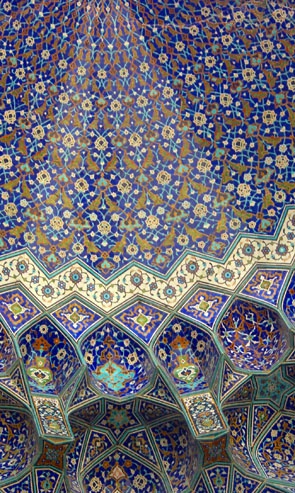Research Portfolio :: CIS - Security Studies Program
Is there a peaceful way to address Iran's nuclear ambitions?
“Probably the greatest fallacy of the nuclear age is that nuclear weapons acquisition is inevitable,” says Jim Walsh, a research associate in the Security Studies Program of the Center for International Studies, and a PhD graduate of the Security Studies Program. Walsh has spent the past decade studying how governments decide to build nuclear weapons, and his research challenges conventional wisdom.
Not Inevitable
Just because a country can build nuclear weapons doesn’t mean it will build them—even if threatened, Walsh says. “The biggest policy success of the 20th century is that nuclear weapons did not spread.” Yet, believing that proliferation is inevitable can have a big impact on policy decisions. “Fear is powerful and numbing.”
Today, tensions run high as Iran prepares to open its first nuclear power plant, despite international opposition. While U.S. policy demands zero enrichment, Iran insists it has the right to enrich uranium on its own soil. “They put a premium on being self-sufficient,” Walsh says.
A Solution in Iran?
Yet, Walsh sees an opportunity to end the standoff by turning Iran’s national enrichment efforts into a multinational program. Two or more outside nations would jointly own and operate the enrichment facility—in Iran—ensuring no weapons-grade materials are produced. Iran would benefit from a lifting of international sanctions.
Walsh has been to Iran twice this year to discuss the proposal and has testified twice before the U.S. Senate. Recently, he was asked to brief senior members of the Obama administration on the issue. “Universities bring analytical rigor and a commitment to empirical data that is missing in Washington,” he says. “There are very few places where you can combine rigor and relevance, and CIS is one of those places.”
An Opportunity to Act
However, if the United States is to do anything, it must act soon. “I’m afraid the cost of missing opportunities is going to grow over time because Iran is going to keep building centrifuges [used to enrich uranium]. If we continue at our current pace, Iran could have 30,000 centrifuges [up from 6,000] by the end of Obama’s presidency,” Walsh says. And then it will be too late.
For more information:
Security Studies Program
Center for International Studies
Dr. Jim Walsh

Detail, the Imam mosque Esfahan